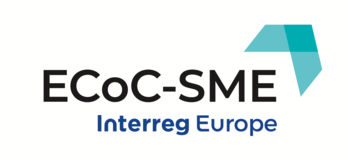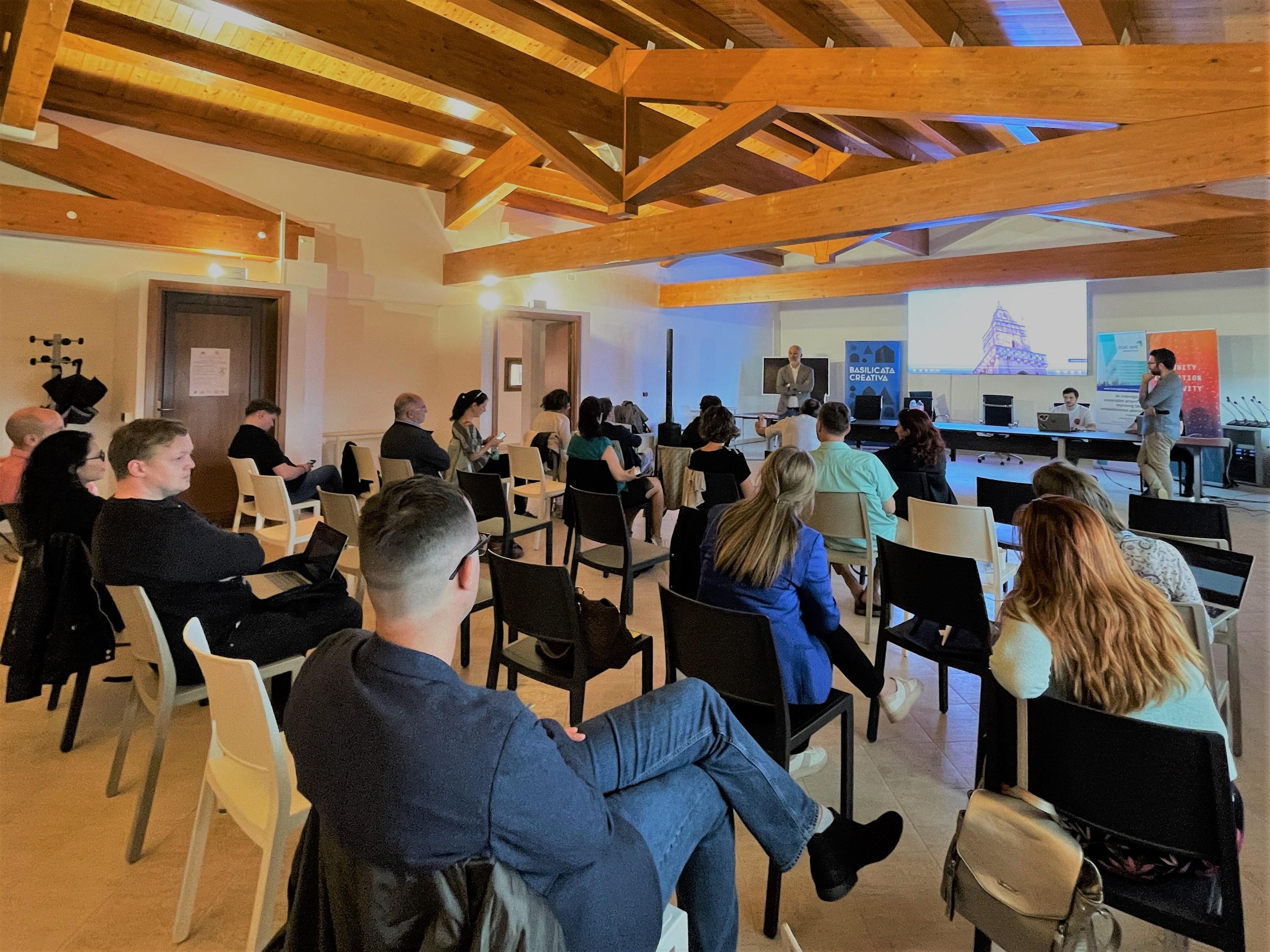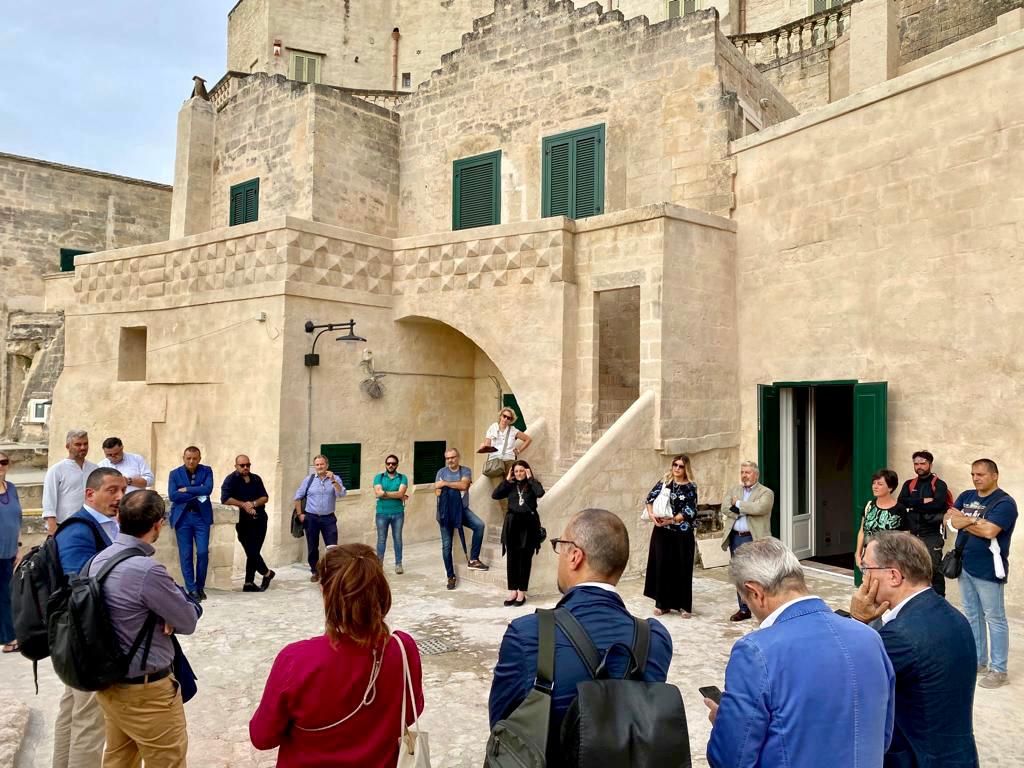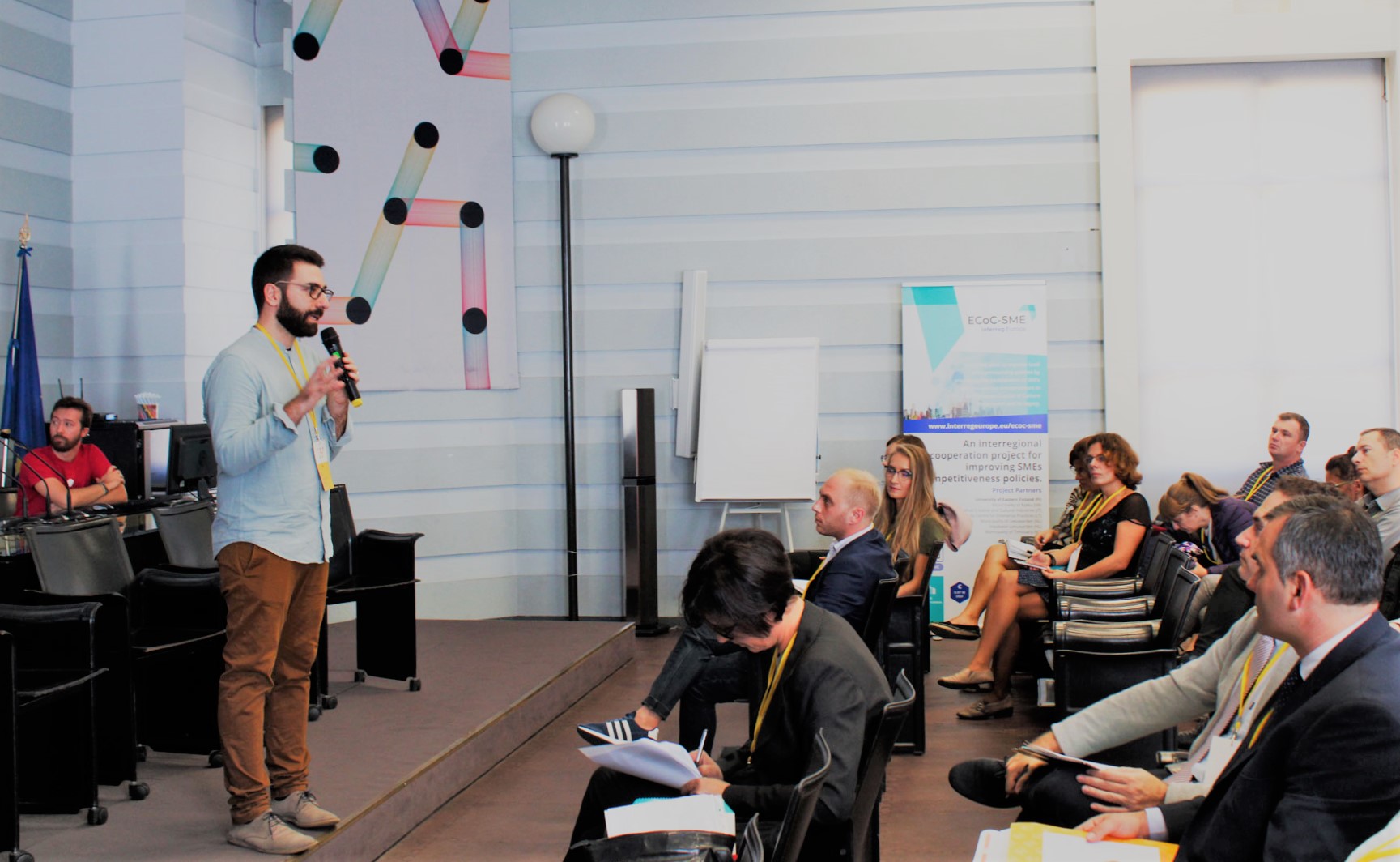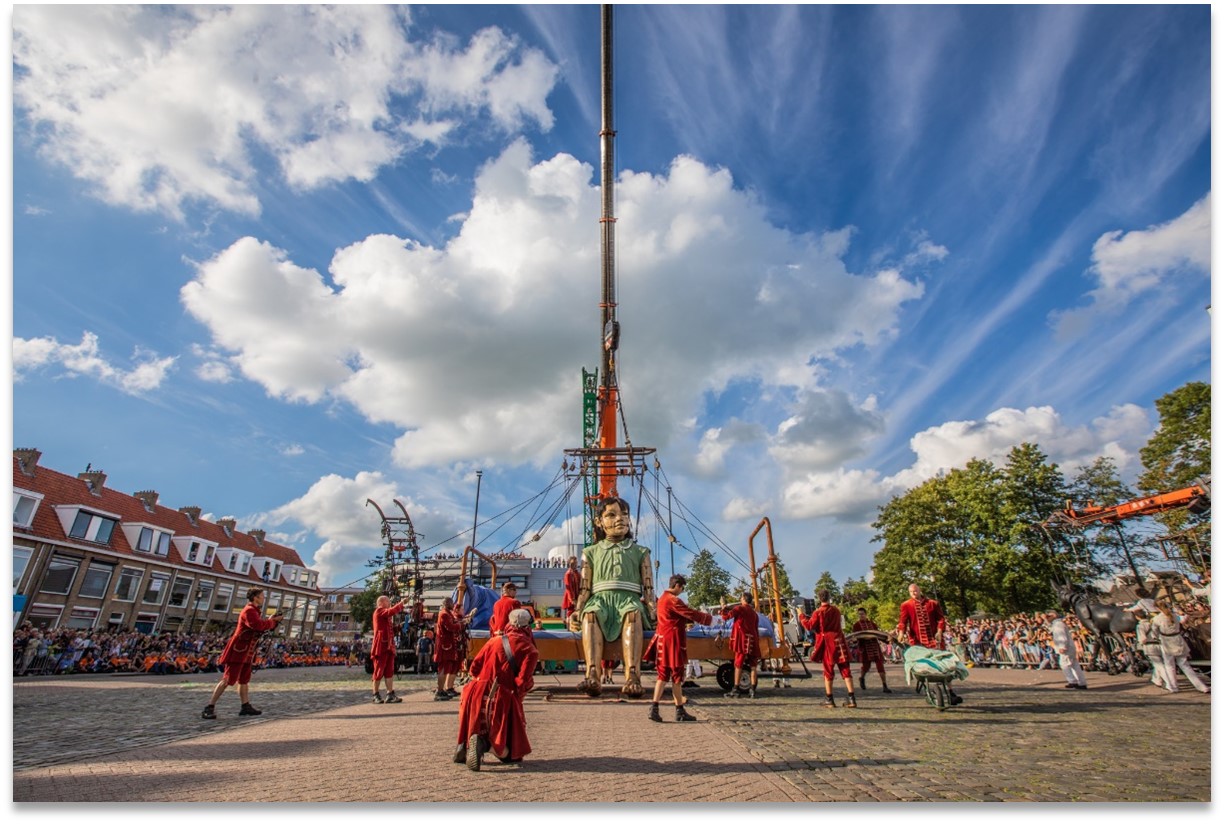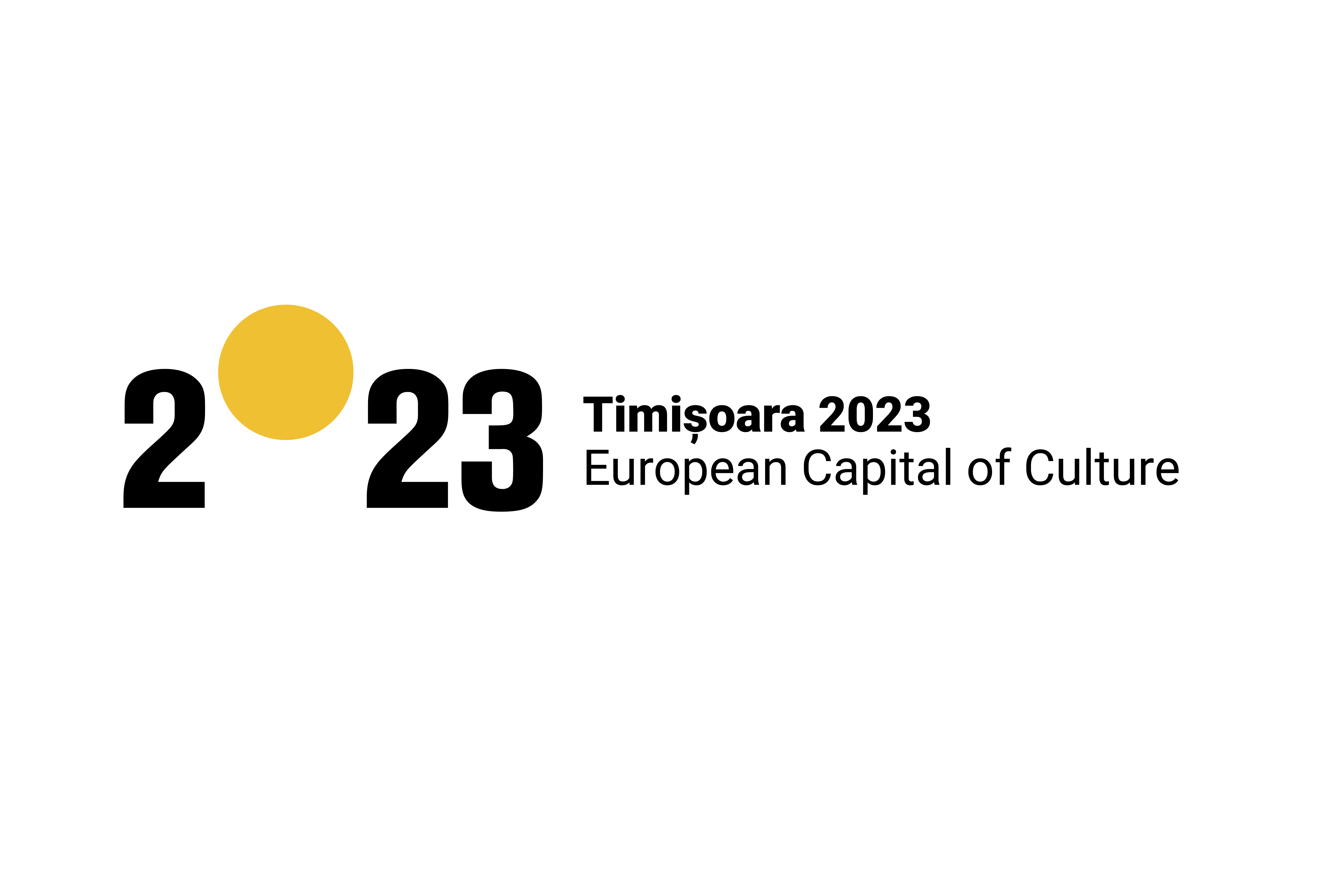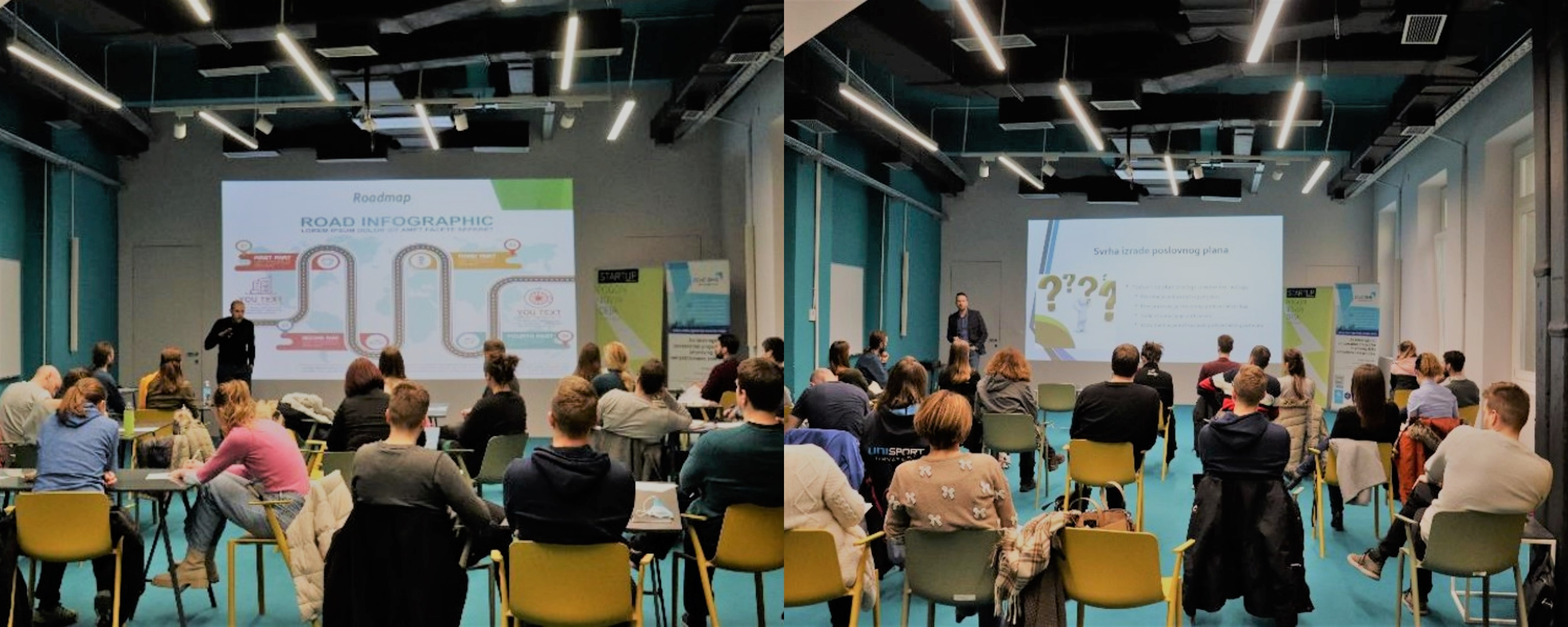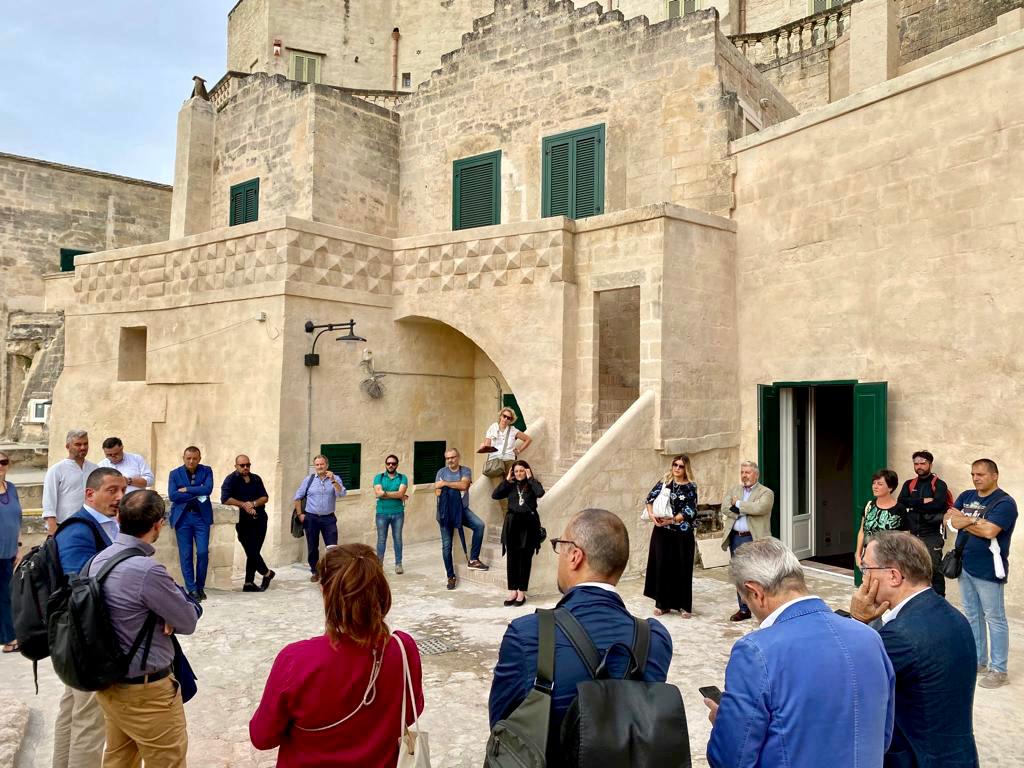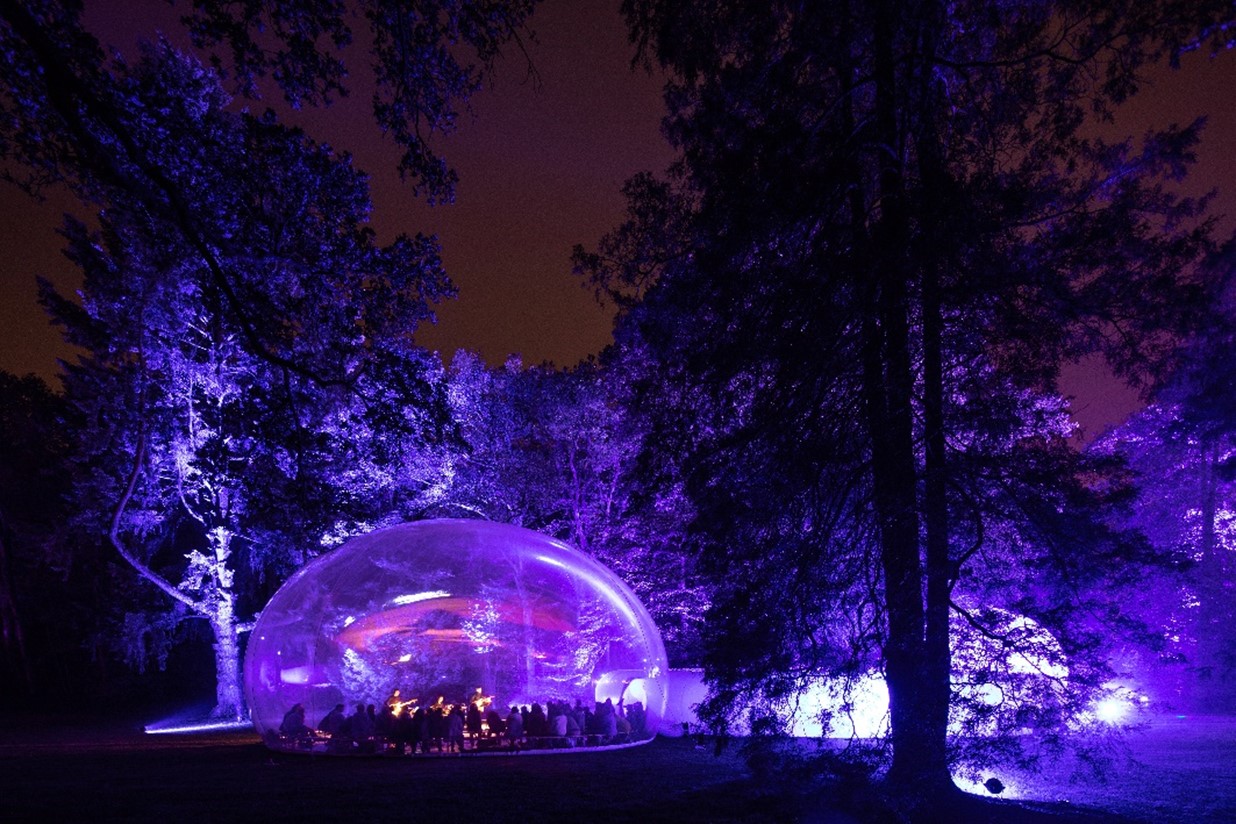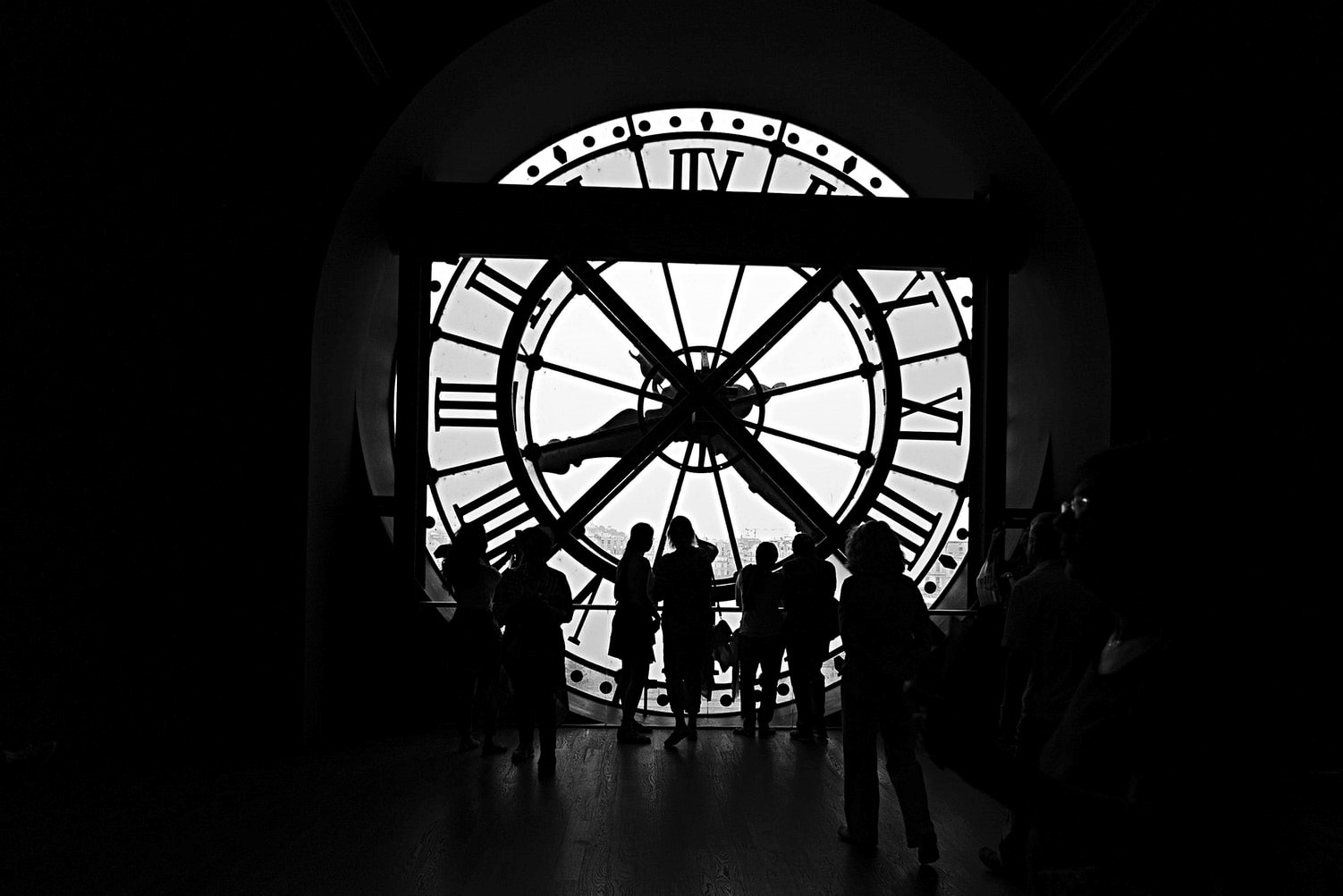Having weighed the effects COVID-19 on the Cultural and Creative Industry (CCI), the second part of Timisoara’ fourth Local Learning Lab (LLL) envisioned a creative environment in a non-pandemic world, and sought to tighten the sector's relationship with SMEs and Timisoara 2021 European Capital of Culture (TM2021).
Facilitating a business-friendly environment in the CCI
The majority of Timisoara’s residents are employees to big firms within the city. Partnership with the private sector, therefore, can assist CCI in reaching and touching the locals to a deeper level – one that is meaningful enough to leave an impact, beyond the fireworks and artistic impressions on the surface.
It has been expressed in previous round of LLL that the private sector needs a more proactive, transparent and credible presence from TM2021. Businesses shall be informed of the ECoC programme and its priorities to utilise this once-in-a-lifetime mega-event to offer profitable added values. Discussions on long-term strategies and maximising ECoC opportunities beyond the title year shall include the voice of the private sector, but alongside a clear vision for the cultural sector, who now has the opportunity to be a partner of equal – if not strategic – importance.
An information platform tailored for new businesses is very much needed to make cultural entrepreneurship more accessible and appealing. This platform should be up-to-date with both funding opportunities and collaborating and networking opportunities, for instance through a database of companies.
Businesses, in return, must show a willingness to get involved beyond marketing budgets and false Corporate Social Responsibility (CSR) strategies. The relationship between culture and profits has been treated with amateurism and superficiality. Culture is not an expense – it yields opportunities; and only through multi-sectoral synergy shall Timisoara be able to win in the long run.
Understanding the CCI’s immediate, medium and long-term needs, identifying suitable projects, discovering the win-win area for the two sectors, measurable results and a good communication strategy at local, regional, national and international level are the key ingredients for a melting pot of business ideas in the cultural sector.
Examples of good practicesCo-creation can be facilitated through match-making events, and by listing problems faced by the CCI for problem-solving solutions from the private sector.Herculane Project collaborates with Craft3D for the sustainability of the association. Craft3D, in return, provides 3D printing services for the association's shop, and future restoration of heritage buildings in Herculane. |
Further involvement of TM2021 still needed
TM2021 can be of great support for CCI if it aims to work transparently, strategically, organically and flexibly. Furthermore, the organisation can strengthen cross-regional and cross-sectoral partnerships by acting as a coordinator for European relations, as an intermediary between CCI and other industries, and as a compiler and enhancer of projects, with a focus on the ECoC bid book and maximising local impacts.
Medium and long-term funding for cultural programmes are needed to ignite a change. Timisoara needs projects of quality, not quantity – those that support the independent sector (non-profits) to continuously generate meaningful and sustainable impacts.
Freelancing artists are subjected to multiple employment and unemployment risks induced by COVID-19. The new initiatives in the CCI, therefore, should include independent artists and smaller scale events – even those not included in the bid book, not just large-scale activities for the ECoC programme.
A potential option is to create complex projects co-executed by several implementing bodies – local cultural associations. Such joint ventures are still missing in the region. This offers TM2021 the opportunity to become a mentor and the umbrella organisation that unite different CCI players into one coherent and stronger voice.
What is still missing?
A fertile environment for innovation must have infrastructure (spaces, funding, incentives, resources), dialogue (cross-sector, feedback, regional objectives support beyond the facade) and inspiration (international partnerships, access to educational resources, and creation of innovative ‘space’).
It has been proven through examples from Matera and Leeuwarden that direct engagement of the youth and the creative in the policy discussions is beneficial for designing a more CCI-tailored start-up ecosystem.
Participants have identified a list of players whose involvement is still missing:
- Chamber of Commerce (CCIAT) and the private sector for cultural offers specially designed for SMEs
- The research sector for cross-sectoral projects
- The Municipality of Timisoara and the Timisoara County Council for vision, financial support and understanding the ECoC title
